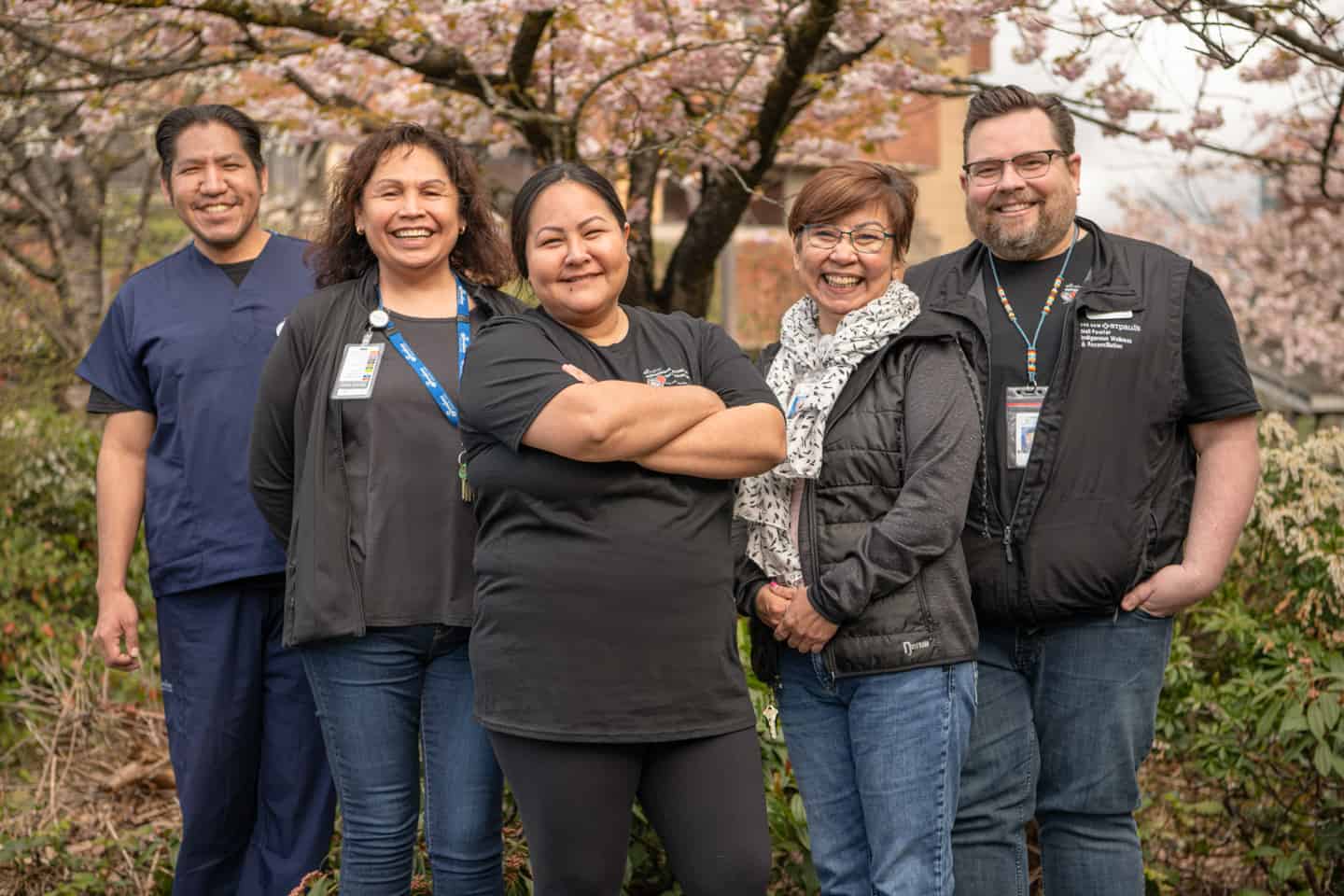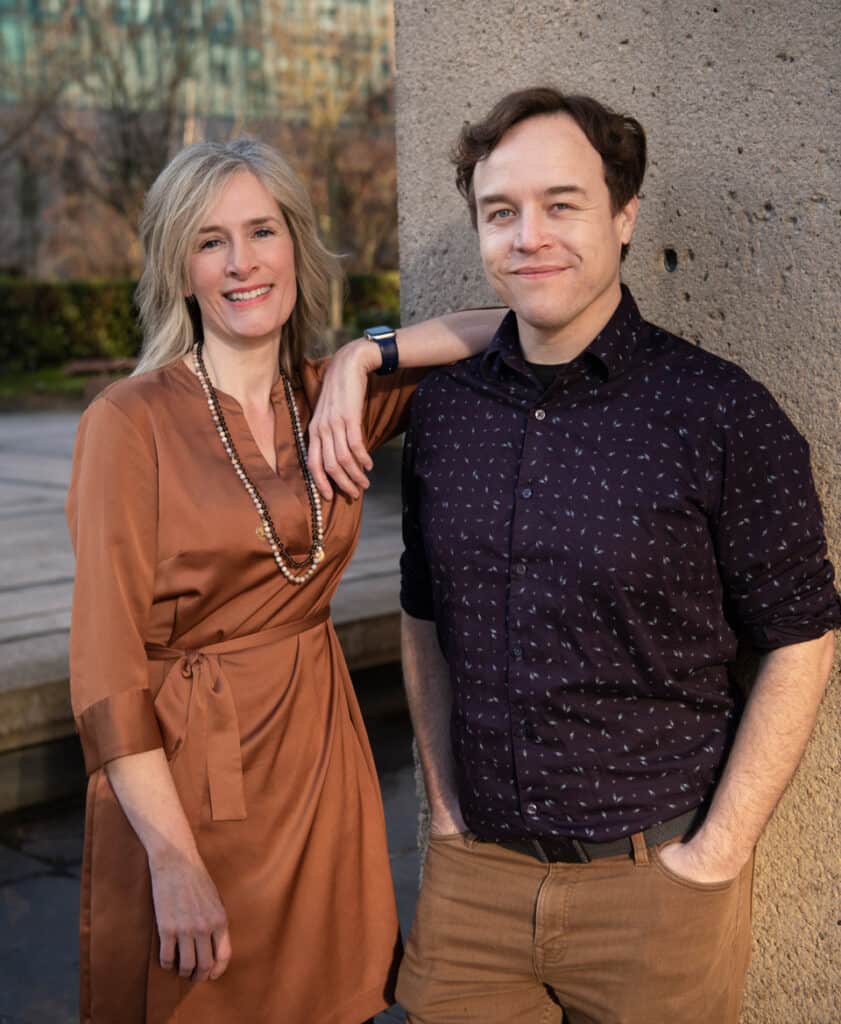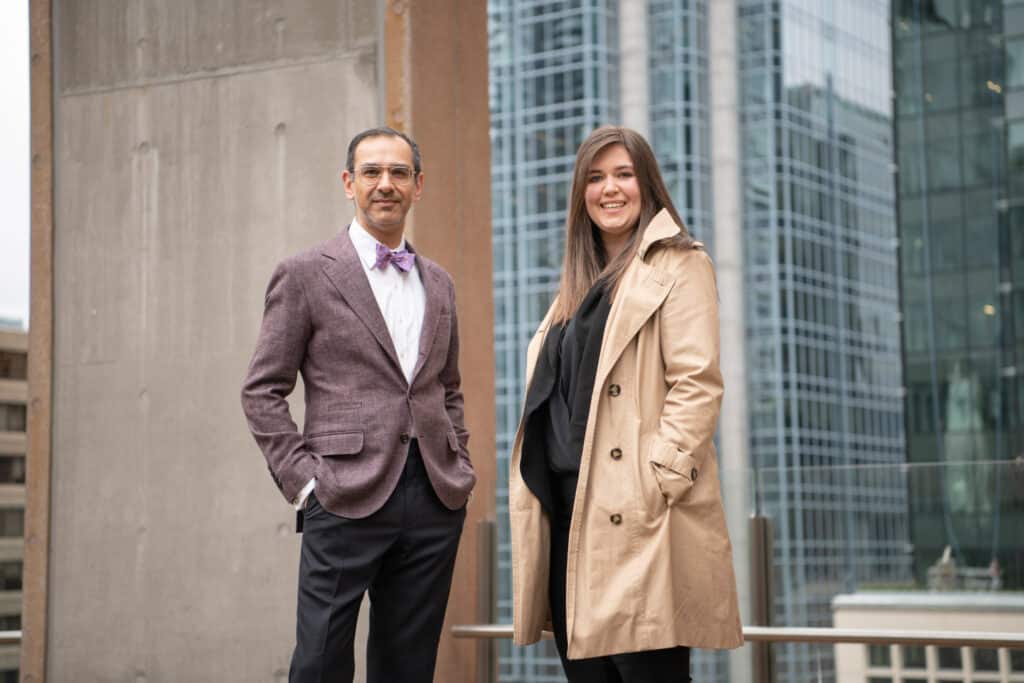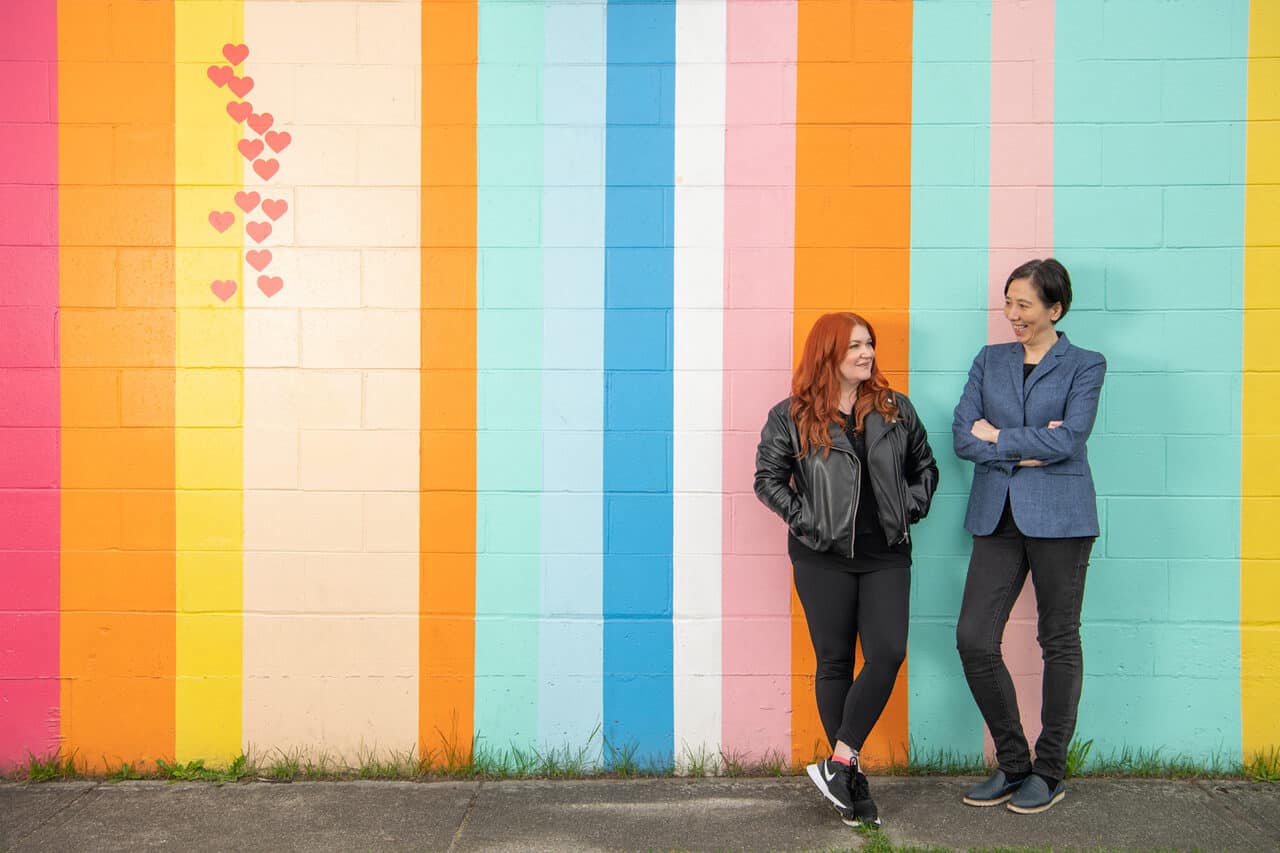Published Promise 2022
I am told the story of an Indigenous man at St. Paul’s Hospital. He was dying of lung cancer and struggling to breathe. The Indigenous Wellness team arranged a cedar brushing ceremony for him. Almost immediately, his breathing calmed. Even the man’s doctor was humbled. She acknowledged she had no medication that could give him as much relief as that ceremony.
When the man passed, his traditional medicines were placed with him and he was wrapped in the blanket he had been given. His family took comfort in knowing he had that cultural support for his journey to the spirit world.
“I cannot tell you how powerful it was to witness that in a Catholic hospital,” says Neil Fowler, manager of Indigenous Wellness & Reconciliation at Providence Health Care. Among his many roles, Fowler leads a team of five Indigenous Wellness Liaisons (IWLs) and two Indigenous Peer Support Workers empowered to bring culturally safe care and comfort to Indigenous patients. It was the IWL team that arranged the ceremony for the dying man.
Day by day and patient by patient, IWLs are bringing reconciliation to life at St. Paul’s and across Providence.
Wellness lives here
In 2020, the In Plain Sight report detailed widespread anti-Indigenous racism and discrimination in BC’s health care system. And it confirmed that common stereotypes about Indigenous Peoples have a negative impact on the quality of care they receive. In his almost 15 years with Providence, Fowler has been working to make this a place where Indigenous patients want to come, a place where they know they’ll have access to the supports they need for their wellness. “A place where they know that they’ll be treated with dignity and respect,” he says. It’s a tall order for a small team working within a large health care organization.
The reality is, just walking through the doors of a hospital can be difficult for Indigenous people who have experienced stereotyping or racism when seeking health care.
Consider, too, that the old brick façade of St. Paul’s Hospital looks very much like a residential school. This can be triggering for patients with direct or intergenerational trauma from residential schools or Indian hospitals.
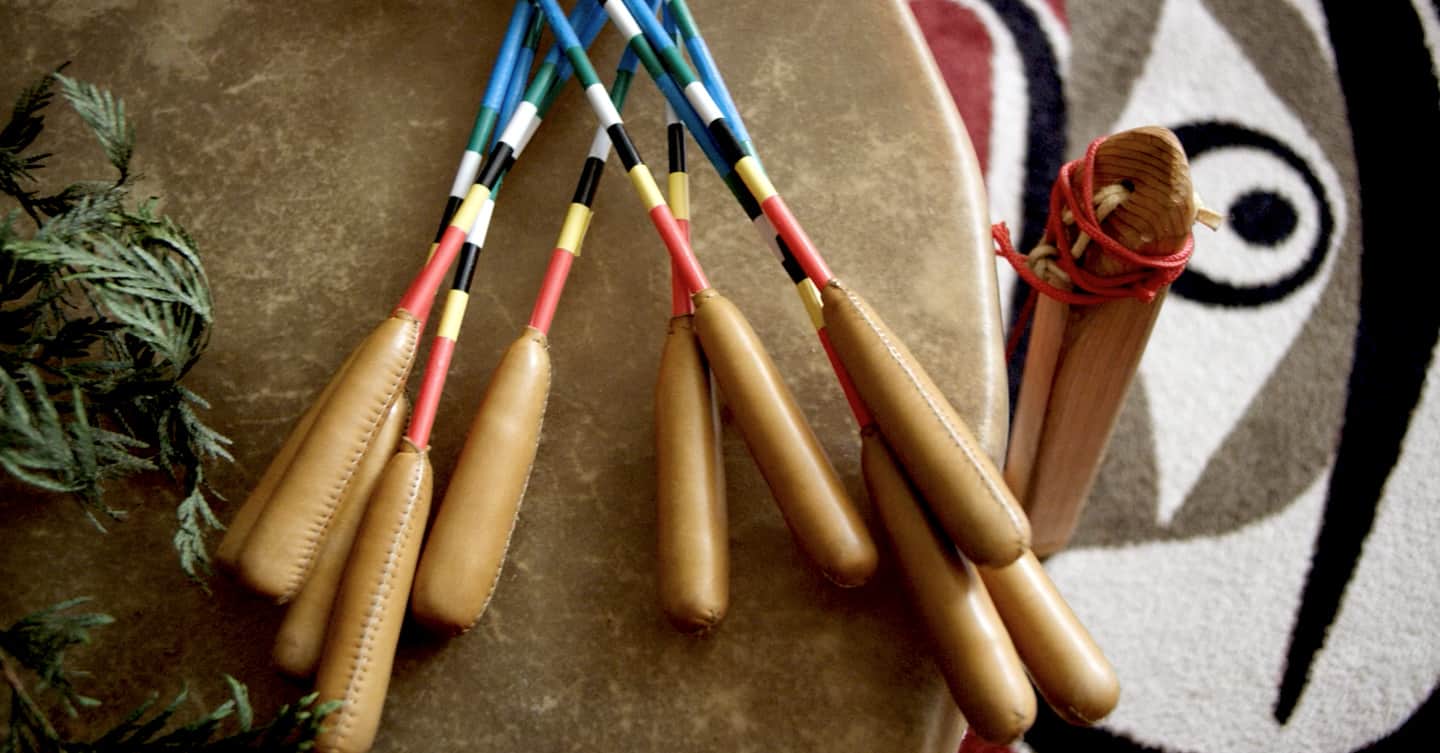
This is what reconciliation looks like
Providence Health Care is committed to the process of Truth and Reconciliation with Indigenous Peoples and it is embedded in everything we do. This powerfully simple statement sums up Providence’s commitment to addressing the trauma and racism in health care. And it’s the driving force behind Providence’s first-ever Indigenous Wellness and Reconciliation Action Plan.
“It’s a strong and solemn commitment that recognizes the colonial violence perpetrated against Indigenous Peoples,” says Harmony Johnson, vice president of Indigenous Wellness & Reconciliation. “It recognizes that we have inherited the results of those harms and that they continue today. And that Providence Health Care, as a Catholic health care organization, has both a responsibility and an opportunity to help redress, repair, and support reconciliation,” Johnson says.
That’s where the Indigenous Wellness Liaisons come in. The IWLs, who are all Indigenous and from various nations across Canada, provide a range of cultural, spiritual, social, and emotional supports. This includes everything from arranging for traditional foods to advocating on behalf of patients who feel they have experienced racism. Often, just having a visit from a staff member who is also Indigenous makes a difference.
This is what compassion looks like
Jaye Currie is one of the IWLs working at St. Paul’s. To hear her speak, it’s clear this is much more than a job for her. “You can tell people are lonely and afraid. It means the world when they see us,” she says.
Currie explains that the IWLs follow patients throughout their healing journey. She shares an experience from early in the pandemic when a Cree woman was brought into the ICU intubated and unconscious. Currie, who is also Cree, took a blanket to the All-Nations Sacred Space. She smudged and prayed over it for the patient’s healing. Then, she covered the woman with the blanket and sweet grass and more prayer.
Later, when the woman was well enough, she was transferred to Providence’s Mount Saint Joseph Hospital. Currie visited and prayed with her there.
“I followed her right until she was discharged eight months later,” Currie says. “They didn’t think she was going to make it but something worked. Our spirituality as Indigenous people is powerful!”
Asked about what’s next, Fowler doesn’t hesitate. “We need to hire more IWLs,” he says. “The goal is to be able to offer 24-hour support at St. Paul’s and, ideally, to have at least one IWL at each Providence site.”
“And, as you can imagine, there is an especially urgent need for IWLs to help patients in palliative care, intensive care, emergency, and maternity.”
Currie agrees. “When I first joined the team, I didn’t realize the scope of this work. We’re actually a crucial component to Indigenous patients’ well-being and positive outcomes.”
Photography by Jeff Topham
In a recent session with a group of Indigenous patients to talk about their wellness journey and the IWL team, one woman said, “For my whole life, I always felt connected to something spiritually. But for the last few years, I’ve felt lost. The Indigenous Liaisons saved my life. They listened to me. They gave me hope again.” When you support the IWL program, you bring hope to life. Give at donate.helpstpauls.com/indigenous-health.
